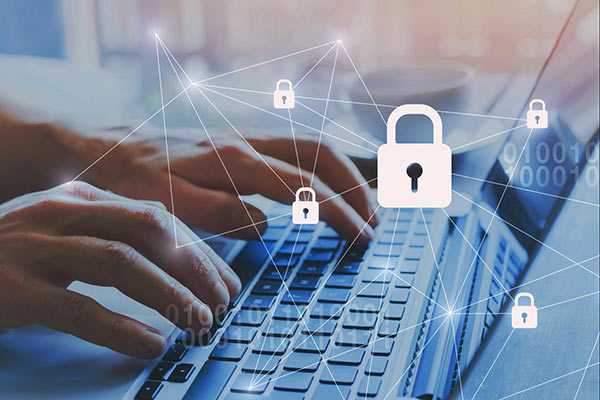How to Protect Yourself on the Internet
How to Protect Yourself on the Internet

Are you aware of the risks associated with using the internet? Are you concerned about your online footprint or privacy?
There is a rise in cases of identity theft, internet fraud, and hacking, even on social media. Negligence on the internet could jeopardize your safety, especially because private data is very valuable on the dark web. Understanding the implications of an individual's actions while surfing is beneficial as it helps keep one safe from malicious strangers on the internet.
VPNs and Proxies
They are several ways to stay safe while keeping the freedom of roaming the internet. The two most common methods of doing so are using VPNs or proxy servers to hide and redirect traffic through private network tunnels. Here are the features of both.
- VPNs
VPNs are an easy and affordable way of keeping your identity hidden from other internet users. VPNs create a private network tunnel across the different websites and platforms. The perks of using VPNs include:
- Having access to geographically restricted data like certain Netflix shows
- Gaining protection across all devices
- Hiding private information
- Staying anonymous while browsing different websites
Picking a good VPN provider is vital in ensuring your data stays anonymous and private.
- Proxies
Proxies also help hide IP addresses by providing a new one while users access certain websites. Unlike VPNs, proxies are website based and are only suitable for one URL at a time. However, using proxies also has several benefits. Let's look at some of them in detail.
- Proxies such as SOCKS servers secure employee data and internet use.
- They preserve internet anonymity by providing their own IP address.
- Browsing through a proxy saves bandwidth with compressed files.
- A proxy will balance internet traffic to avoid crashes.
Similar to VPNs, ensure you research your proxy provider. Verify that the company is trustworthy and offers proxy services that fit your needs.
Other Safety Measures
Although VPNs and proxy servers are effective, they might not keep your identity anonymous all through. Moreover, in cases such as phishing, it is possible to offer your private information unsuspectingly. Therefore, even with VPNs installed, it is important to follow these steps to keep safe:
- Be Wary of Phishing Mail
- Do Not Overshare
- Use Strong Passwords
- Change Your Passwords Often
- Avoid Strange Sites
- Be Wary of Open Public Wi-Fi
- Regularly Backup Your Data
- Keep Your Devices Locked
- Log Out of Websites
Make sure you log out of websites, especially when using public computers. If possible, delete your browser history after browsing on such devices.
Make the Internet a Safer Space
Now you know the many tricks you can use to keep yourself safe. Be an educator. Teach them to others, and hopefully, the internet will be safer for all.
© 2023 YouMobile Inc. All rights reserved






